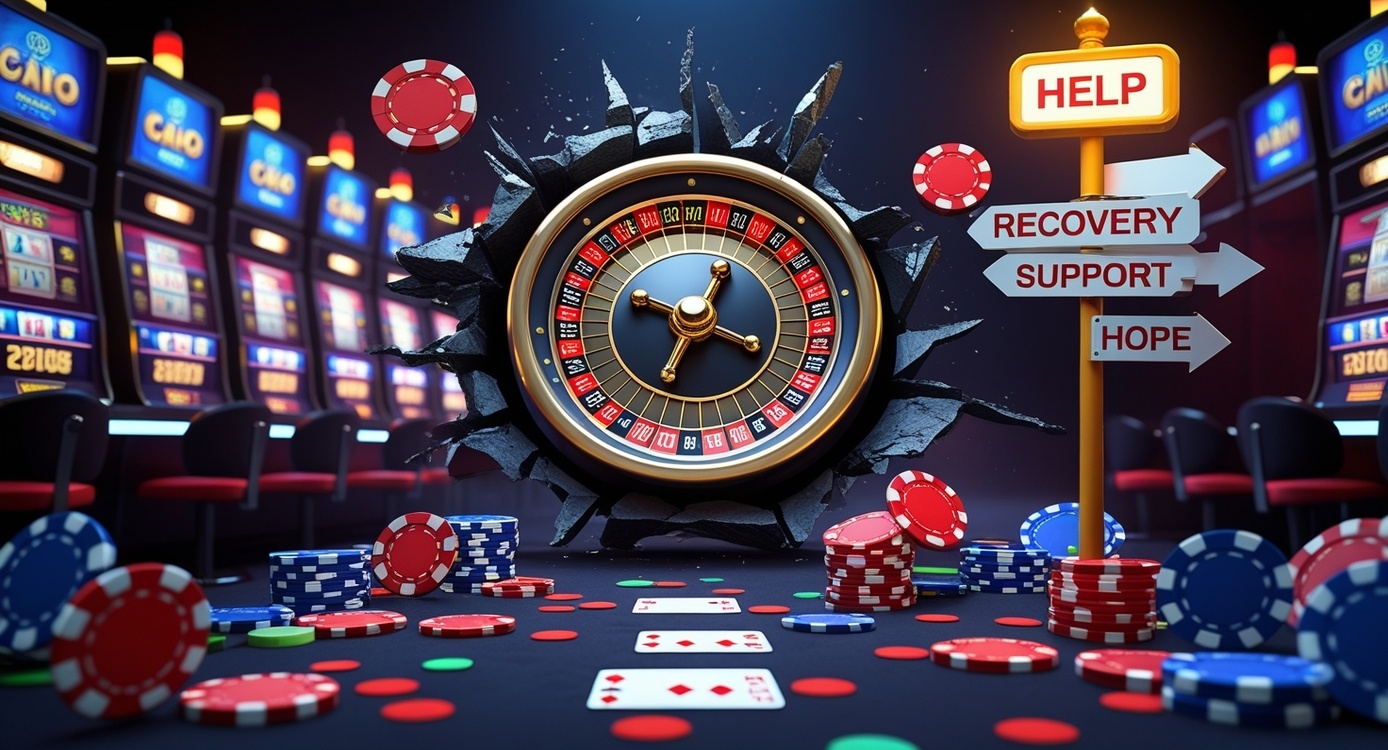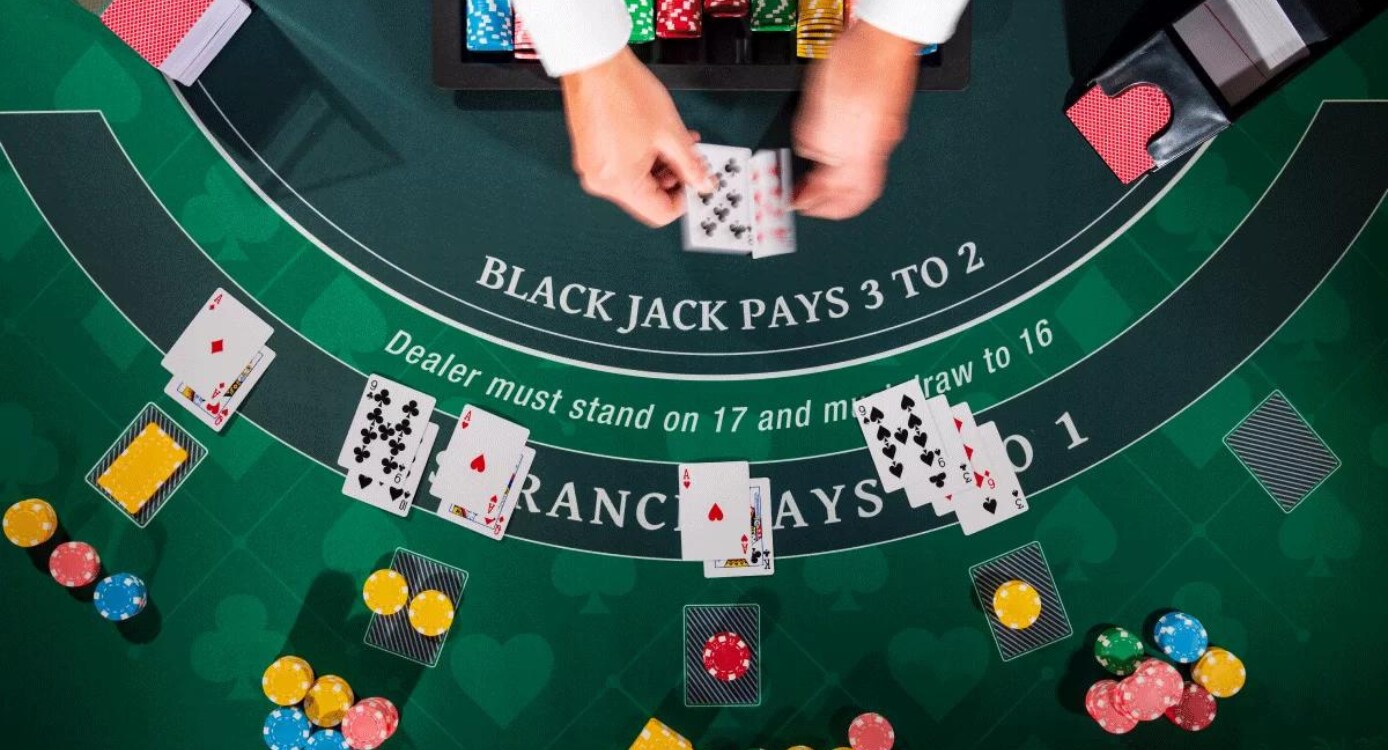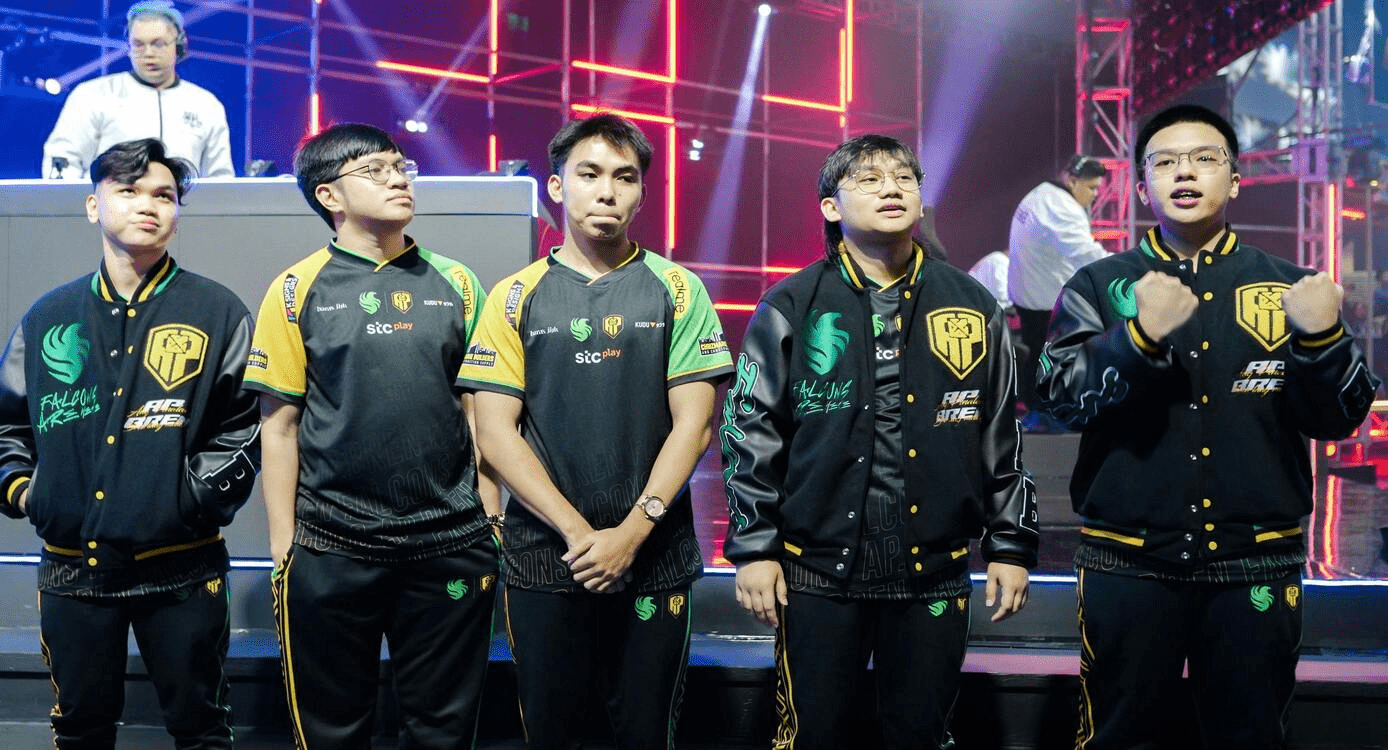News

Gambling Addiction: Where to Find Help and What to Expect
Usually, it begins innocently enough. A weekend trip to the casino, a few friendly poker games, or perhaps a wager on your preferred sports team to add excitement to the game. However, at some point, the distinction becomes hazy—the stakes seem bigger, the victories no longer feel like victories, and the defeats are more difficult to overcome. Similar to many other types of compulsive behavior, gambling addiction does not manifest itself immediately. It infiltrates covertly, frequently under the guise of justifications and the prospect of a huge break.
The stigma associated with gambling addiction contributes to its catastrophic effects for many. On the surface, gambling can appear to be a harmless pastime, even glamorous, in contrast to substance abuse, which has its own societal weight. The aftermath—maxed-out credit cards, strained marriages, and lost homes—is rarely seen in Hollywood. Rather, we see the winning roulette spin, the high-rolling poker table, and the carefree bettor who simply knew the underdog will prevail.
The thing that doesn't receive enough emphasis, though, is that assistance is available. Genuine assistance. Not short cuts or meaningless platitudes, but organized assistance, sympathetic experts, and groups of people who have been there, fought their way out, and are now reaching out to others.
The first step in getting help for a gambling addiction is having a flash of insight, not a miracle cure. Some people define it as the third time they have lied about money. For others, it's the moment when the excitement of the wager eventually wears off. Although that revelation is frightening, it also opens a door.
An honest assessment is usually the first step in treatment. This could be done through a specialist clinic, a helpline, or a therapist. Free, peer-supported meetings are provided by groups such as Gamblers Anonymous (GA), where participants share their stories, hold each other accountable, and adhere to a 12-step recovery program akin to Alcoholics Anonymous. It's uncooked. It is susceptible. However, being in a space where no one is passing judgment is also incredibly reassuring since everyone has been there before.
Another choice is an inpatient treatment facility, particularly for people whose gambling is linked to other problems including substance addiction, anxiety, or depression. These facilities include therapy, 24-hour care, and occasionally medicine to assist treat underlying issues. In contrast, outpatient programs enable people to carry on with their daily lives while getting group support and counseling.
One particularly successful strategy is cognitive behavioral therapy, or CBT. It assists people in identifying and replacing harmful gambling-related thought patterns with more constructive ones, such as the "gambler's fallacy" or the illusion of control. Rewiring the brain's reward, risk, and impulse processing is more important than willpower.
It’s Not Just About Stopping
Putting an end to the conduct is just one aspect of the problem. Rebuilding trust with partners, families, jobs, and most importantly, oneself, is another aspect of recovery. It entails finding new coping mechanisms for stress, acknowledging minor victories, and forgiving relapses without surrendering.
Addiction to gambling has a peculiar irony: it flourishes in solitude but perishes in society. Connection leads to healing, yet shame keeps people apart. The most crucial thing to understand if you or someone you care about is ensnared in gambling is that you are not alone. The narrative need not come to a disastrous conclusion. For many, seeking assistance marks the beginning of a new chapter rather than the end.
Although it's not simple, recovery is real. And every step is worthwhile.
Where to Start Looking for Help
If you're wondering where to begin, here are a few trusted entry points:
⚪ Gamblers Anonymous: A global network with meetings in most major cities. You can find a list of in-person or online meetings at www.gamblersanonymous.org.
⚪ Therapy Directories: Websites like Psychology Today allow you to search for licensed therapists specializing in gambling addiction in your area.
⚪ Apps and Tools: Some digital tools like BetBlocker or Gamban help individuals self-exclude from gambling websites, while others like MindShift can help manage the anxiety that often fuels compulsive behavior.
Stick with https://k8airdrop.com/ for more Sports, esport, games, news, guides, and more!
Discover the thrill of cutting-edge online slot games! Visit http://k8.io/ now for an unparalleled gaming experience with the latest and greatest slot games.

Get K8 Airdrop update!
Join our subscribers list to get latest news and updates about our promos delivered directly to your inbox.



